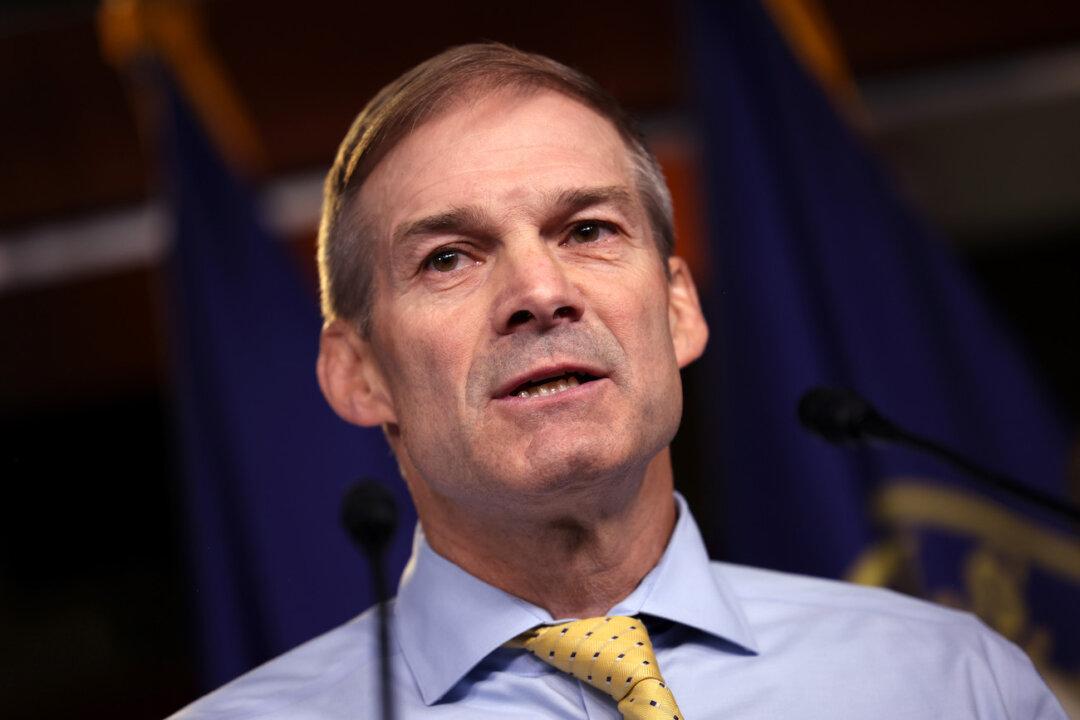Republicans on the House Judiciary Committee strictly oppose the immigration reform measures in the committee’s portion of the Democrats’ $3.5 trillion budget resolution package because they say the bill grants amnesty to nearly 8 million illegal immigrants and encourages more people to flood the southern border.
“June was the highest month on record until July when 212,000 enforcement encounters took place; my guess is August will be higher yet. So, what are Democrats focused on in this legislation? Putting amnesty in a bill for—approximately 8 million illegal immigrants—in a bill that spends $3.5 trillion,” Jordan said in his opening statement to the House Judiciary Committee hearing Monday.





